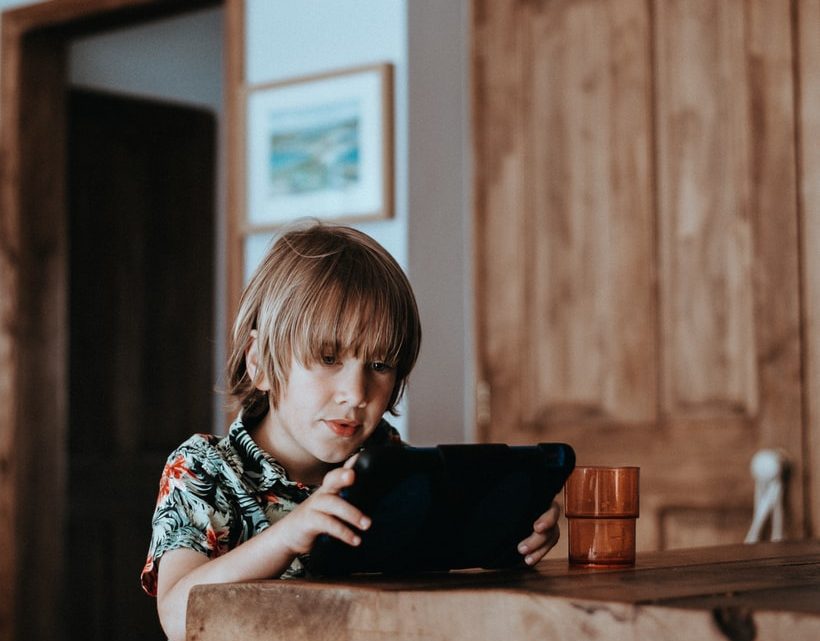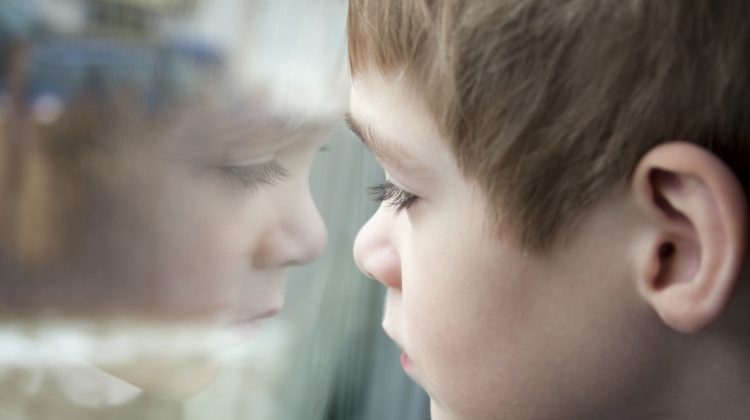From toddlers to teens, young users are constantly watching, sharing, searching, tweeting and posting online, and most parents have been comfortable with their kids exploring and connecting with the world online. But with this privilege comes a huge amount of responsibility for parents. Keep in mind, the internet is not a very safe place for kids or teens.
Here are 10 simple tips parents can keep in mind to help protect their kids and teens from the dangers of the web, social media and excessive screen usage.
- Educate Them
A big part of protecting kids from all the dangerous stuff around the web is to act before any harm has been done. For parents with older children, educating them about the dangers of the internet is a proactive way to keep them away from harmful sites, inappropriate content, scams, malware or even something as dangerous as predators.
Be as transparent as you can. Let them know you’re informing them and monitoring their activity for their own safety.
- Be Aware of Online Predators
In relations to educating your kids about online safety, is important to let your children understand that the web has a lot of dangerous people. Online predators are one of the biggest threats to your children’s safety. Parents should realize that about every 1 in 5 teenagers have experienced a form of sexual solicitation, harassment or abuse on the online. Manly, Stewart & Finaldi, California internet sex crime attorneys, warns that predators often falsify information and their appearance in hopes to lure children into meeting with them in person.
- Install Security Apps
To make things easier for monitoring your child’s time spent online, there are many types of security apps and software developed for checking your kid’s activity, blocking harmful content, protecting their computers from malware, monitoring social media and limiting time spent on a device.
- Monitor Their Activity
Although some parents may not like the idea of spying on their kid’s, checking browsing history and social media circles is one way to see exactly what they are engaging in and who they are connecting with. Checking up on your kids activates is recommended and not something parents should be hesitant about. Understand your child’s online privacy is a privilege.
- Share Accounts
If your child wants to sign up for an Instagram or TikTok account, allow them to do so, but under your own email or personal account. This way you will be able to check what they are being sent or sending on their online profiles.
- Be Aware of Cyberbullying
As a parent you want to help your child understand cyber bullying, and protect them from becoming a victim of it. It’s very important as a parent to understand the forms of cyber bullying. There is a chance your child could be bullying someone online. Realize that about half of young online users have been a victim of cyberbullying. About the same number of kids and teens also admit to engaging in it.
If your child has become the victim of a cyberbully or even an abuser, the first step is protect your child from the aggressor. Have the bully blocked or banned from a channel/platform by contacting the site’s admin. If it continues or becomes dangerous, you have the choice to get legal help.
- Limit Their Time
Kids are spending more and more time in front of tablets, phones and laptops. Unfortunately, some parents think it’s a great way to keep them occupied. This isn’t recommended for a young developing mind. Parenting and tech experts recommend children under the age of 5 to not be in front of a screen for more than 60 min a day. There is no specific limit for older children and teens. However, it is recommended for parents to regulate a certain amount of usage.
- Have Devices Out in Plain Site
Keeping the computer out in the open helps reduce the temptations of exploring inappropriate areas of the web. Mom or Dad should be able to glance at what their child is looking at on the family device.
- Hide Your Personal Passwords
If your family shares a computer or if you share mobile devices with your children, be sure to be cautious with the information you save or store on them. Your devices are capable of remembering passwords to things like personal accounts and credit card information. You might think your child might be the last person on earth to use your credit card info for a purchase. But there’s always a chance it could happen.
- Build Trust
As your children grow older, parents must understand that they can’t keep monitoring and sheltering children from everything bad on the internet for their entire life. That’s why it is important for families to build trust with their children’s online actives and usage. Referencing step one, remember to educate and speak with your kids about their life online.





No Comment